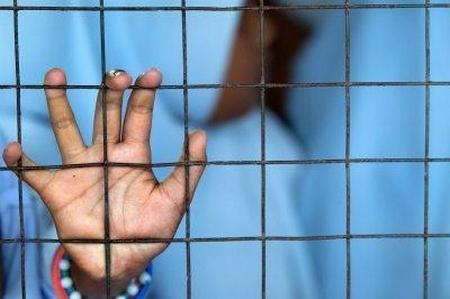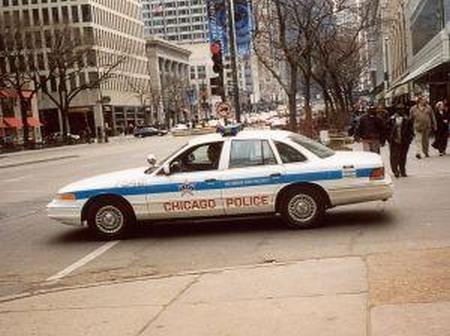Recent Blog Posts
Chicago Man Charged with Forgery
Forgery is just one of illegal actions known as white-collar crimes. In general, white collar crimes are based upon deceit (versus force or violence) and are usually conducted by professionals, businesspeople, government officials, and others not typically thought of as criminals.
Illinois law provides a detailed definition of forgery, but ultimately, the term describes an instance where someone unlawfully uses another person’s signature, or marks or alters a document (or knowingly delivers or possesses the document) with the intent to defraud. A forgery conviction in Illinois requires proof not only that the document was marked, altered, or signed by the individual in question, but that that person acted knowingly and with intent to defraud. Note that an individual can still be charged with forgery in Illinois if they intended to conduct a fraudulent act, regardless of whether or not the fraudulent act was successfully completed.
Illinois Juvenile Offenders Expensive to House; Facilities to Close
A recent Canton Daily Ledger article out of the provides that one Illinois county (Fulton) spent over $406,000 housing juvenile offenders outside of their own county. The article mentions one treatment facility that costs close to $9,000 per month per person. Yet another news piece tells of Gov. Pat Quinn’s plan to close ten Illinois detention centers, including two juvenile facilities – despite the fact that the number of juvenile crimes in Illinois is increasing.
In the words of the Illinois State Bar Association (ISBA,) “incarceration is used too often as a solution for children with problems.” The fact is that Illinois spends over $100 million each year to incarcerate nearly 1,400 juveniles – including around 2,000 that haven’t even been convicted of a crime and are simply aw aiting trial.
aiting trial.
Chicago Police Officer Unsuccessfully Attempts to Avoid DUI Charge
In the United States, drunk driving is a crime that crosses all boundaries such as sex, race, and socioeconomic levels. In fact, even police officers who are sworn to follow the law may have a habit of drinking too much on occasion. Unfortunately, law enforcement officials don’t always act honestly or appropriately when suspected of drinking and driving. For instance, according to The Chicago Sun-Times, Chicago police officer Sean Patrick Dailey currently faces disorderly conduct charges for allegedly attempting to get out of a DUI charge.
 Apparently, In 2010, a Niles police officer stopped Dailey for speeding and failing to stop at a stoplight, after he left a Niles bar. According to reports, Dailey admitted that he had been drinking, and after telling the Niles officer that he was a Chicago police officer, asked to leave the vehicle and make arrangements to get a ride home via cell phone. Almost immediately thereafter, the Niles officer left Dailey at the scene when he was dispatched to respond to a large bar fight at another local bar, which later proved to be fictional. Dailey wasn’t charged with DUI – that time.
Apparently, In 2010, a Niles police officer stopped Dailey for speeding and failing to stop at a stoplight, after he left a Niles bar. According to reports, Dailey admitted that he had been drinking, and after telling the Niles officer that he was a Chicago police officer, asked to leave the vehicle and make arrangements to get a ride home via cell phone. Almost immediately thereafter, the Niles officer left Dailey at the scene when he was dispatched to respond to a large bar fight at another local bar, which later proved to be fictional. Dailey wasn’t charged with DUI – that time.






















